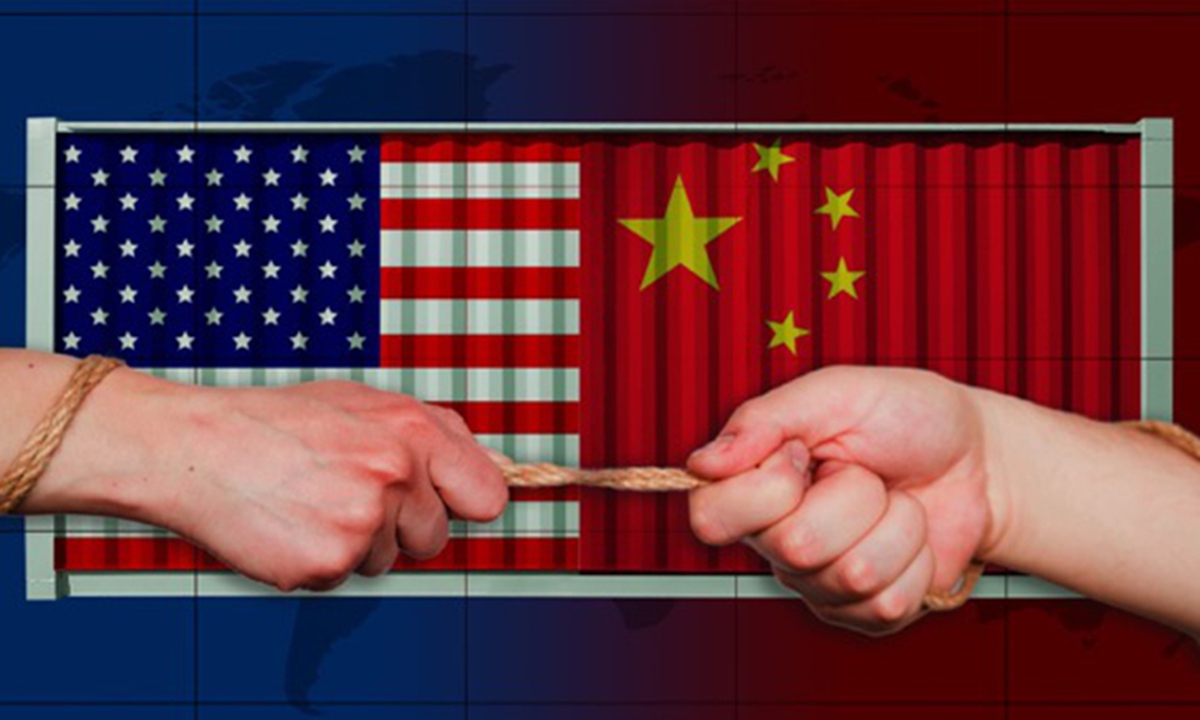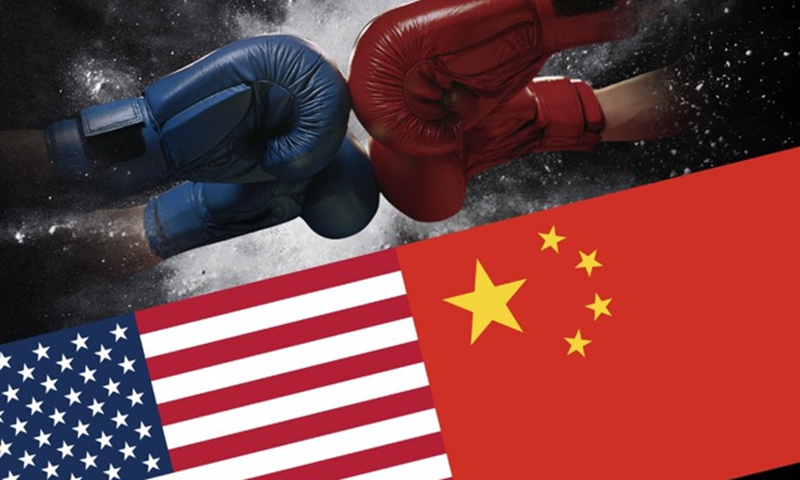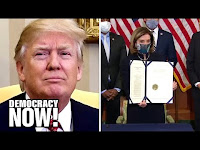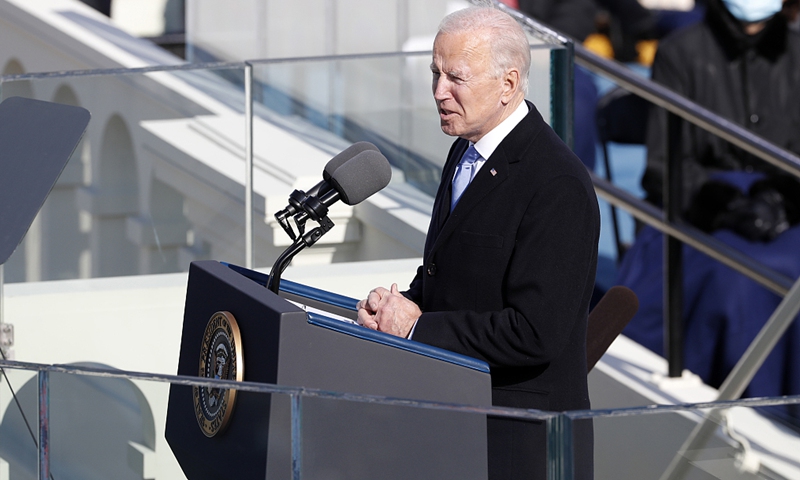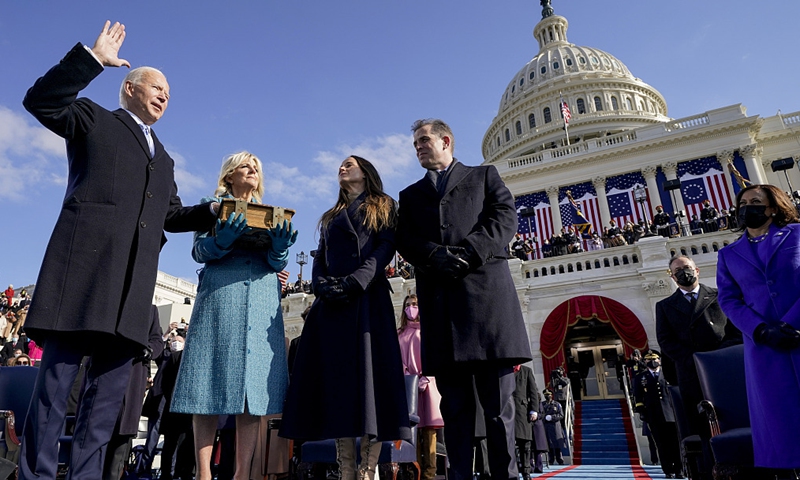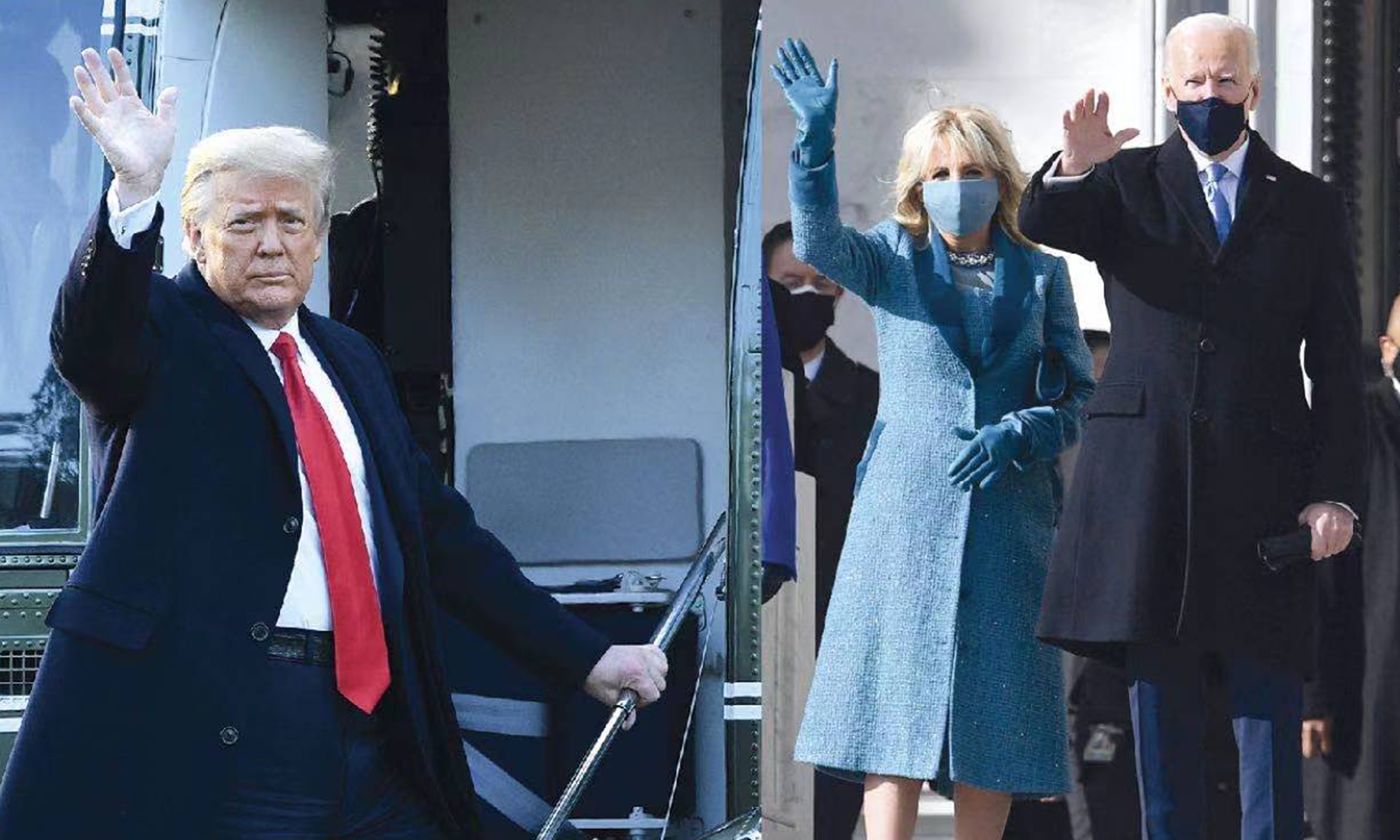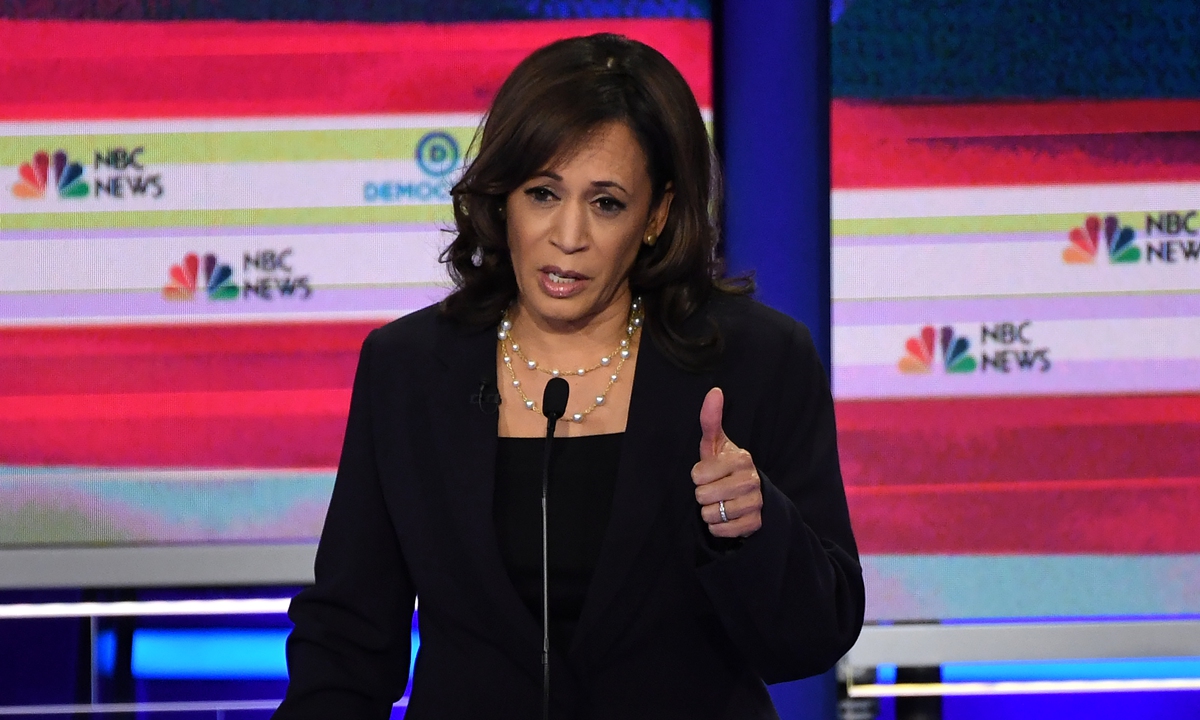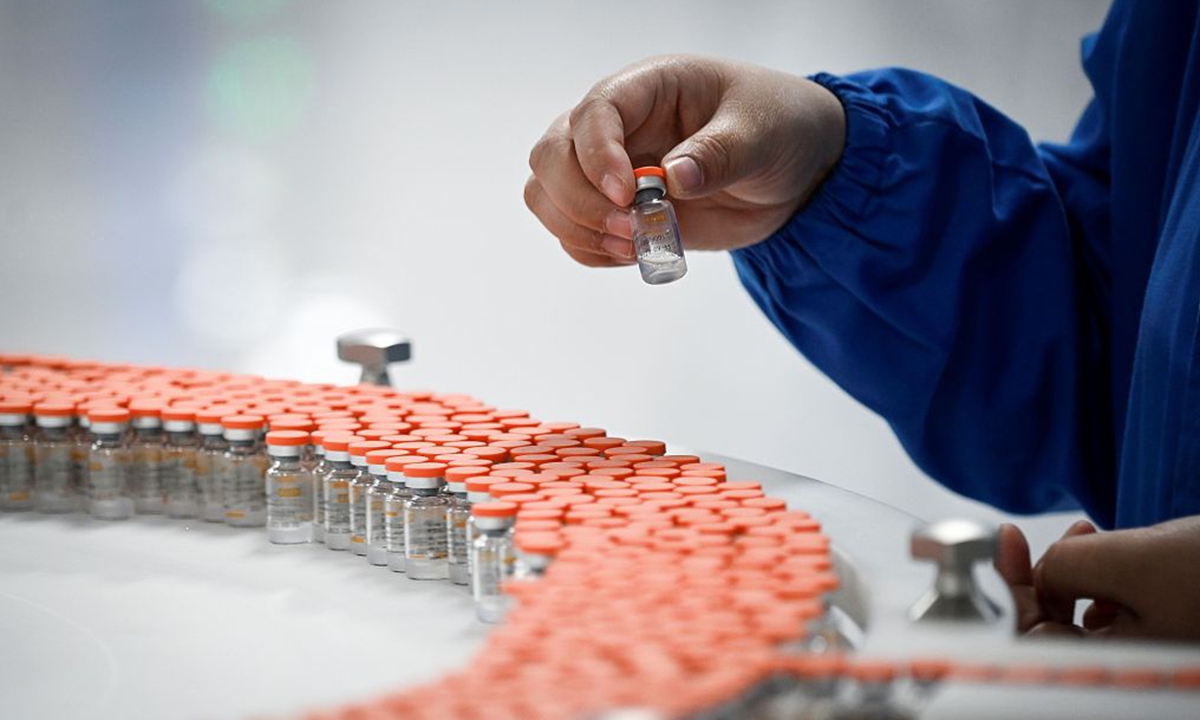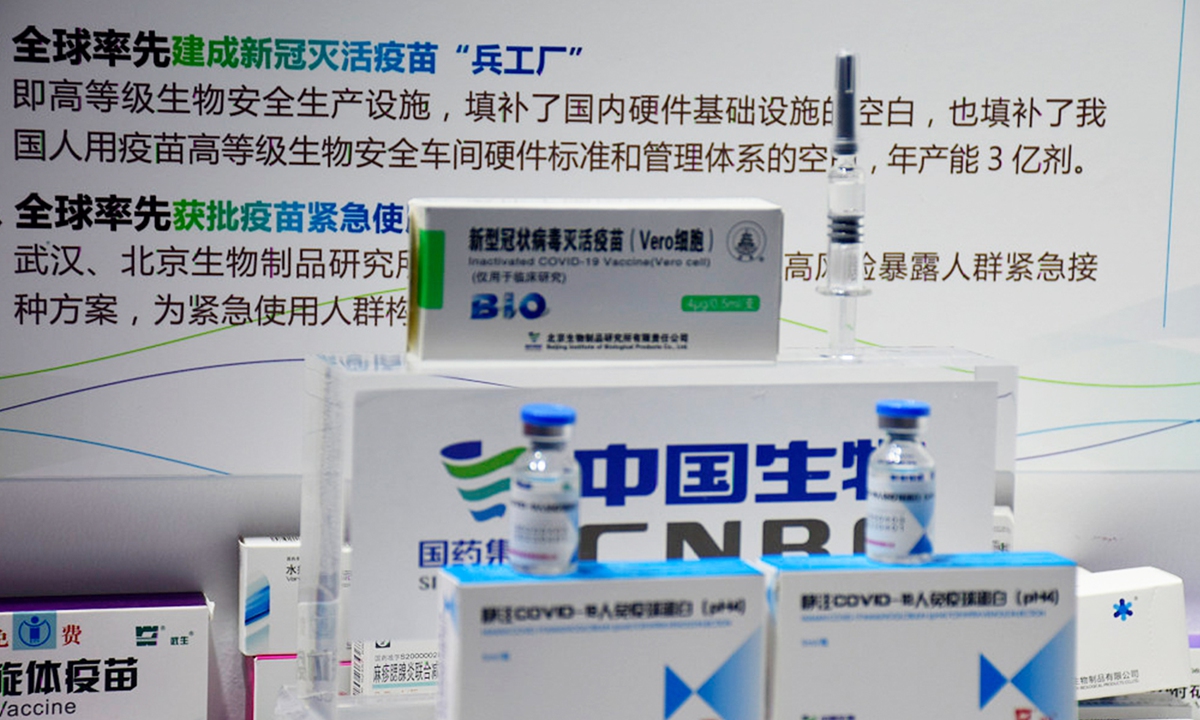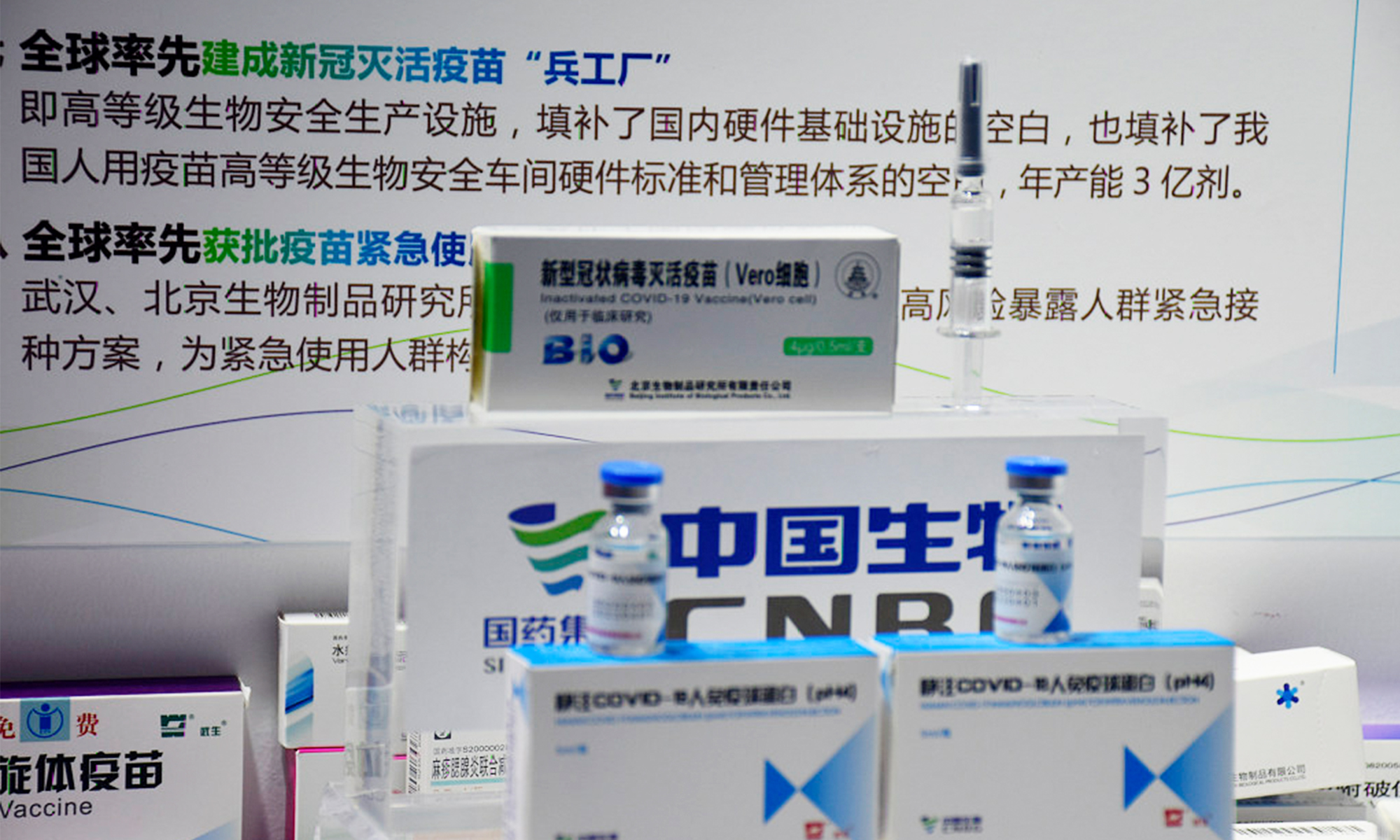Sanction on Pompeo and 27 anti-China hawks is most gratifying to the people: State Council's HK & Macao Office
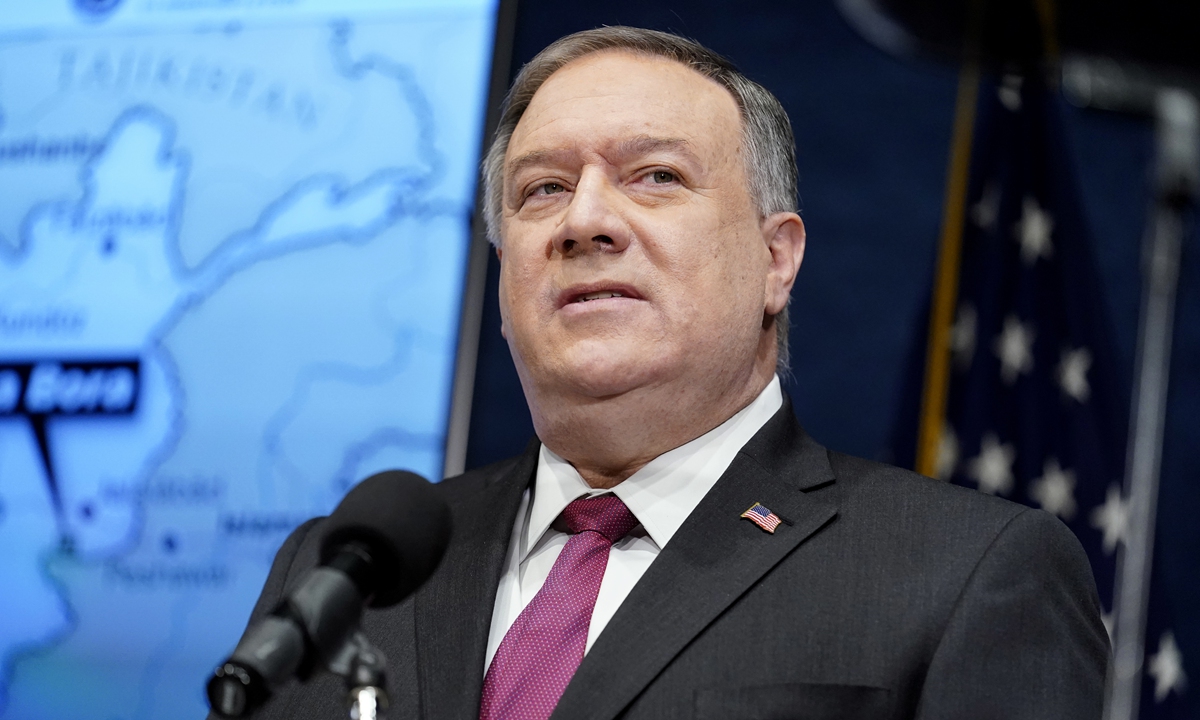
Mike Pompeo Photo: AFP
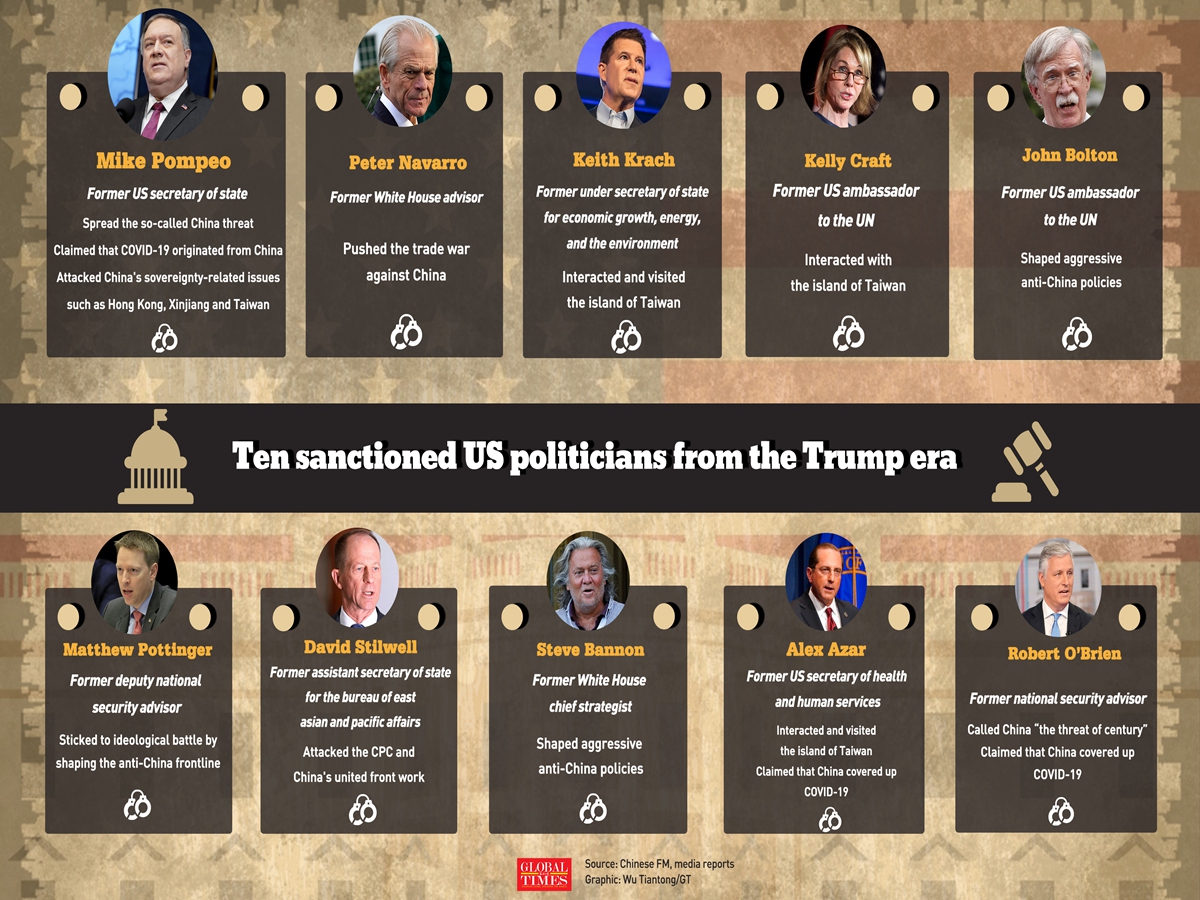
Ten sanctioned US politicians from the Trump eraInfographic: GT
The sanction of US former secretary of state Mike Pompeo and the other 27 anti-China hawks is most gratifying to the people, the Hong Kong and Macao Office of the State Council said on Thursday, saying that the office firmly supports the move.
"It is known to all that Pompeo had wantonly interfered with Hong Kong affairs, maliciously slandered the 'one country, two systems' practice, crazily incited and made sanctions, and severely violated international laws and the norms of international relations. He had severely damaged the China-US ties, destroyed the prosperity and stability of the Hong Kong region and he deserves the sanction," read the release of the office.
Soon after Joe Biden took the oath and became the new US president on January 20, the Chinese Foreign Ministry announced sanctions on 28 anti-China politicians in the US for "their selfish political interests, and prejudice and hatred against China, as well as showing no regard for the interests of the Chinese and American people."
The list includes Michael R. Pompeo, Peter K. Navarro, Robert C. O'Brien, David R. Stilwell, Matthew Pottinger, Alex M. Azar II, Keith J. Krach, and Kelly D. K. Craft of the Trump administration, as well as John R. Bolton and Stephen K. Bannon. These individuals and their immediate family members are prohibited from entering the mainland, Hong Kong and Macao of China. They, and any companies or institutions associated with them, are also restricted from doing business with China.
The Hong Kong and Macao office said in the Thursday release that during his years as the secretary of state, Pompeo "successfully" earned fame for his brazen cheating, lying and utter interference with other countries' affairs.
His lunatic political farces showed the international community just how the US hegemony oppresses and attacks China's development, exposing their hypocrisy, arrogance, selfishness and their maliciousness in boasting "democracy, freedom and human rights."
"Pompeo and others used their deeds to remind the international community to keep their eyes sharpened, and from this angle, he may have done one little good thing," read the release.
The Chinese people never believe evil can win. History has proven that any forces that want to interfere with China's internal affairs have failed and found themselves badly beaten. If someone still wants to take any chances in interfering with Hong Kong affairs or even inciting "color revolution" in the region, nothing but shameful failure will await them, according to the release.
Source link
 |
The Taiwan Affairs Office of China's State Council and the government of Northwest China's Xinjiang Uygur Autonomous Regions lammed former US Secretary of State Mike Pompeo over bad behavior on the Taiwan question and his smear against Xinjiang, as China announced sanctions on 28 anti-China US politicians on Wednesday night, including Pompeo.
Taiwan affairs office supports sanction on US politicians; Xinjiang conference ‘hammers last nail’ into coffin of ‘poisonous legacy’ of Pompeo
Peter Navarro, a hawk that 'lacks intellect and common sense' is Trump's trade adviser or political agitator?
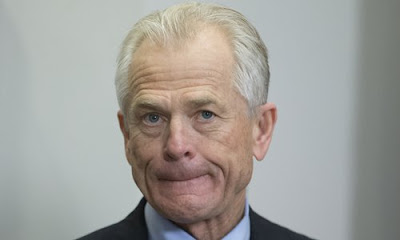 | ||||||||
| A profile photo of Peter Navarro Photo: IC |

